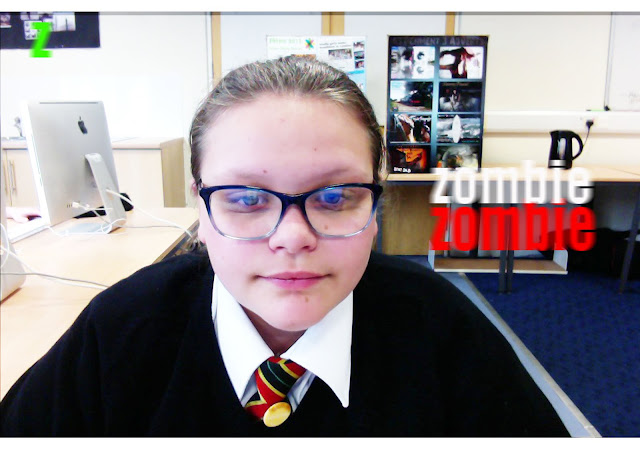Television: Industry and Audiences
Friday 1st November 2019
L/O: To research the history, companies & regulators in the television industry.
Terminology-
Television: Industry and Audiences
Terminology-
- publicly owned TV channel -
Funded by government & license fees for the public service.
- Commercial TV channel -
Funded through advertisements.
- Convergence -
- Watershed -
- segmented market -
- Mainstream -
mass audience; the ideas attitudes, or activities that are shared by most people and regarded as normal conventional.
- Self-regulating -
not regulated by outside bodies.
- Franchise -
license from company of a product to use format/show/ideas.
- Channel-surfing -
changing frequently from one program to another on a television, watching each one for only a short time
- PSB -
Public Service Broadcasting; regulators demand channels fulfil certain requirements as part of their license to broadcast.
- Tv license -
Any household or business watching, recording live broadcasts require to pay a license fee. Funds the BBC.
- Scheduling -
Deciding which shows to show at which times.
- conglomerate -
A company tat owns several smaller businesses whose products or services are usually very different.
Research Task
1955.
BBC and ITV
22nd September 1959
BBC
Ofcom.
ITV- ITA
BBC- self regulated
More channels
better technology
More choice
Colour
Research Task
- 1. When was TV introduced to the uk?
1955.
- 2. In 1965, how many channels were there in the UK and what were they?
BBC and ITV
- 3. When did itv start? why was it different?
22nd September 1959
- 4. Which UK channels have to follow PSB remits?
BBC
- 5. Who regulates TV now?
Ofcom.
- 6. Who regulated TV channels in the 1960s?
ITV- ITA
BBC- self regulated
- 7. List the differences between TV in the 60s & now?
More channels
better technology
More choice
Colour


Comments
Post a Comment